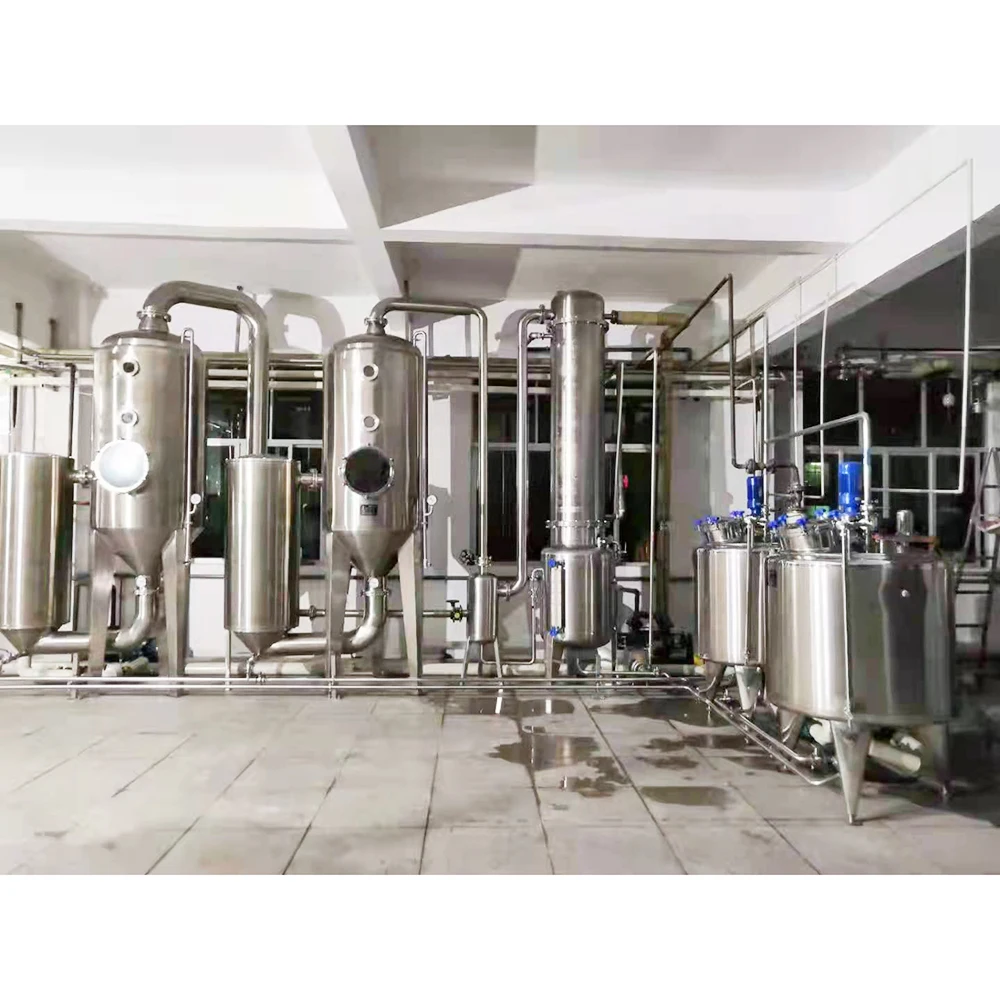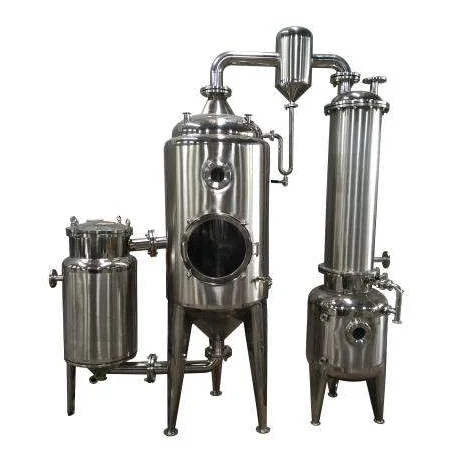ABOUT
Wenzhou Vince Machinery Science Co., Ltd. was established in early 1980s. Our company covers an area of 6500 square meters and is an independent legal representative firm, possessing rich economic technology strength. Our company is a high tech enterprise and plays an important role in national dairy, foodstuff, pharmacy and machinery industries. We are a beverage machinery supplier.
Since the establishment, our company has mainly engaged in dairy products, foodstuff, beverage machinery, bean products, yellow wine, medicines and fermentation projects. What's more, our company supplies a complete sequence services in manufacturing, installation, test and personnel train, as well as the whole direction service design and consulting service on product project construction or enlargement artistic distribution engineering sets budget.
The Mashing Tank A Foundation for Great Beer
Brewing beer is a process that requires precision and attention to detail, and one of the most crucial steps is mashing. The mashing tank is the heart of the brewing process, where the magic truly happens. It's where the starches in the grains are broken down into fermentable sugars, which will ultimately become the alcohol and flavor in your beer. This article will explore the importance of the mashing tank and the key factors that contribute to producing great beer.
Temperature Control: The Key to Success
The mashing tank is designed to maintain a precise temperature range, which is essential for optimal enzyme activity. Enzymes are proteins that break down starches into sugars, and they operate at specific temperature ranges. If the temperature is too low, the enzymes will be sluggish, and if it's too high, they will become inactive. The temperature of the mash directly influences the final beer's characteristics, like its sweetness, body, and overall flavor profile.
Understanding the Mashing Process
The mashing process involves combining crushed grains (malt) with hot water in the mashing tank. This mixture is held at a specific temperature for a certain period, allowing the enzymes to break down the starches. The temperature and duration of this process are carefully controlled to achieve the desired level of sugar extraction and enzyme activity.
The Importance of Agitation
Constant agitation in the mashing tank is essential for several reasons. It ensures even heat distribution, preventing hot spots that can damage the enzymes. Agitation also promotes the extraction of sugars and keeps the grain particles suspended, maximizing enzyme activity. Different brewing styles have different agitation requirements, some requiring gentle stirring, while others demand vigorous mixing.
Choosing the Right Mashing Tank
The type of mashing tank you choose will depend on the size and scale of your brewery. Small-scale brewers may use simple, manually operated tanks, while larger breweries often employ automated systems for precise temperature control and agitation. Regardless of the size, the mashing tank is an essential investment that directly impacts the quality and consistency of your beer.
In conclusion, the mashing tank plays a vital role in the brewing process, and its importance should not be underestimated. Understanding the principles of temperature control, mashing process, agitation, and the choice of the right mashing tank will empower you to create consistently delicious and high-quality beer.
SUBSCRIBE
INQUIRY




